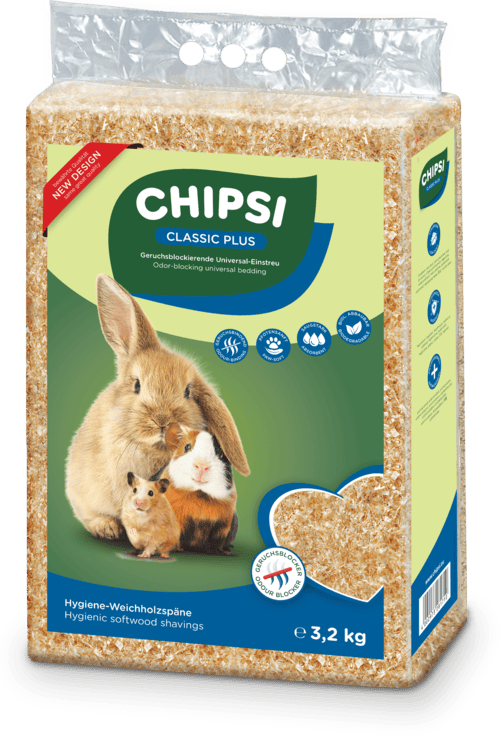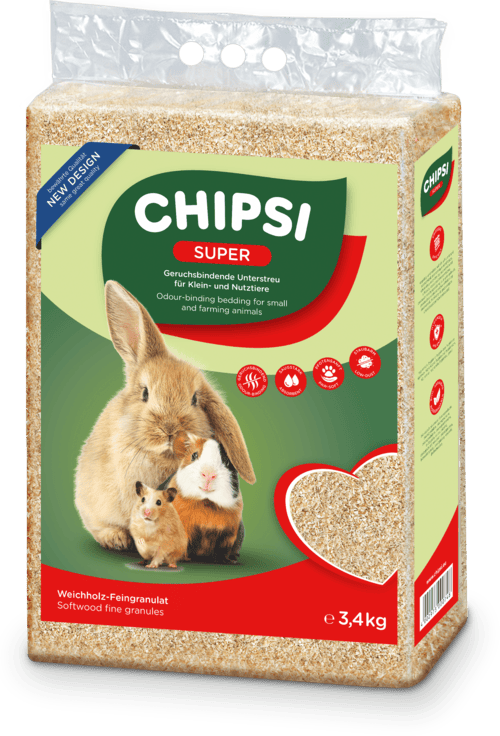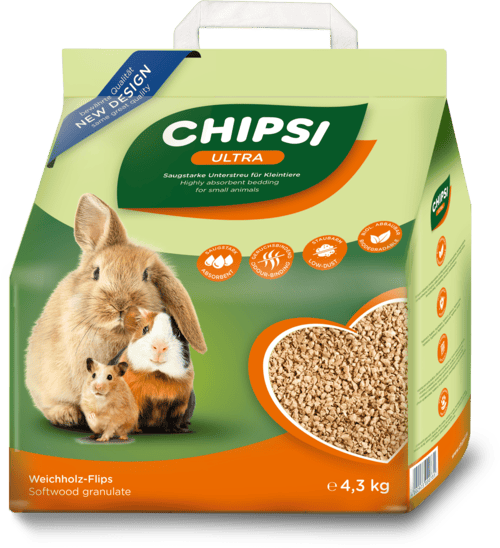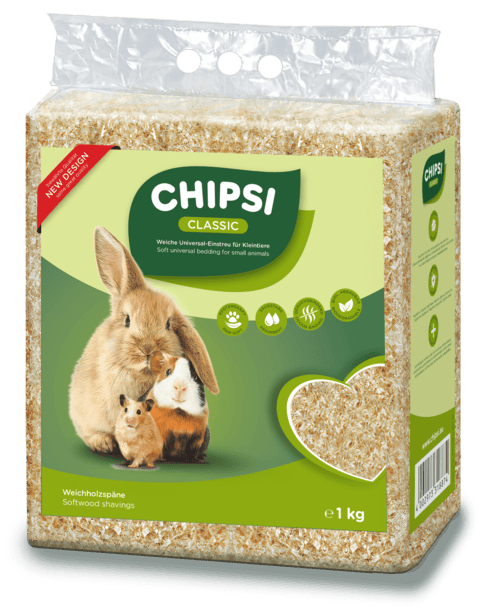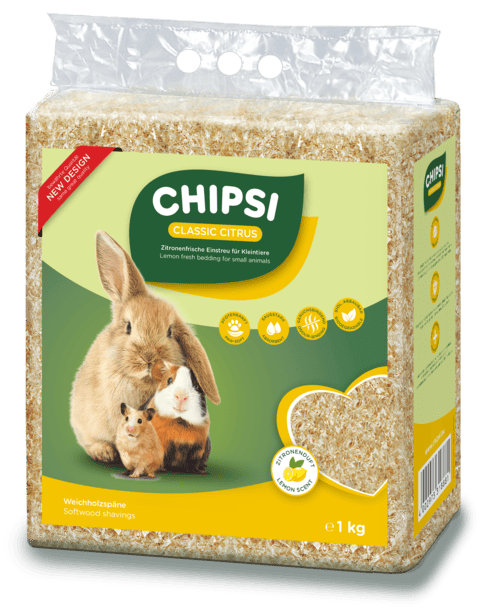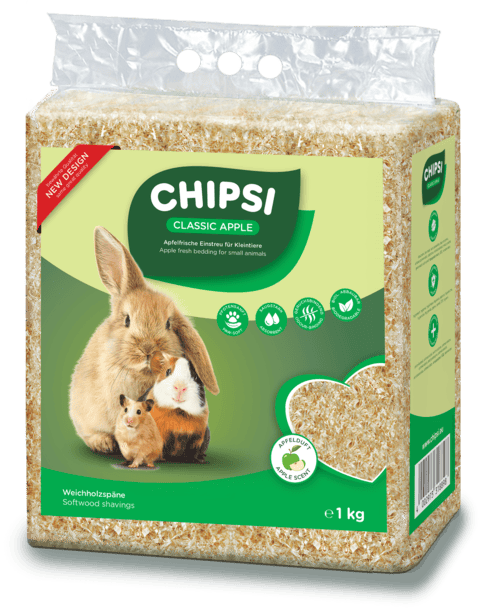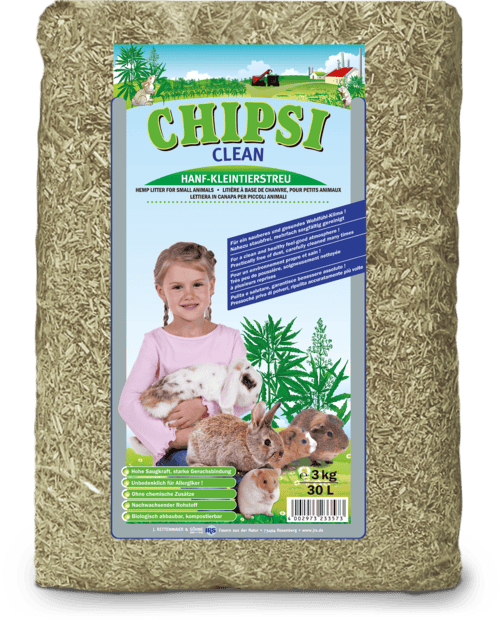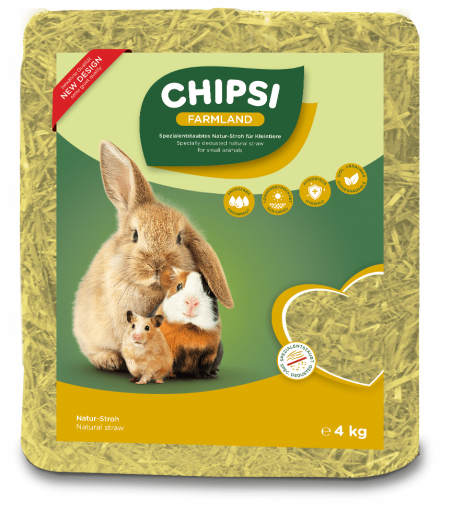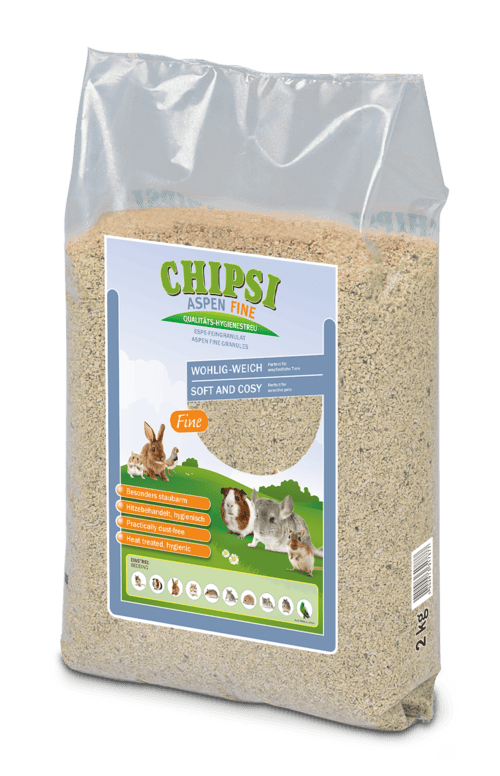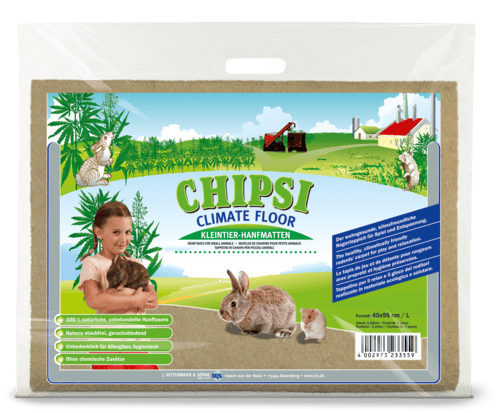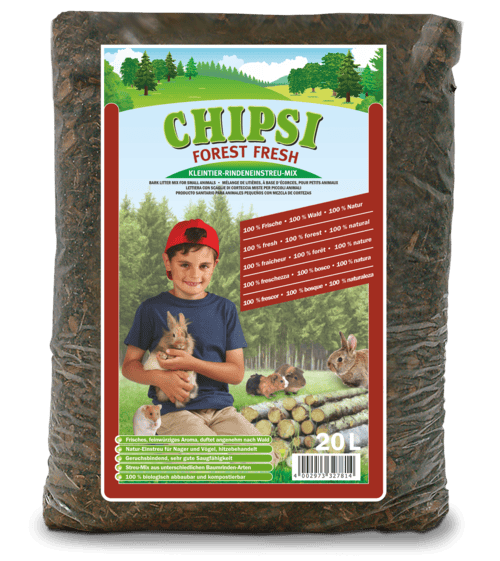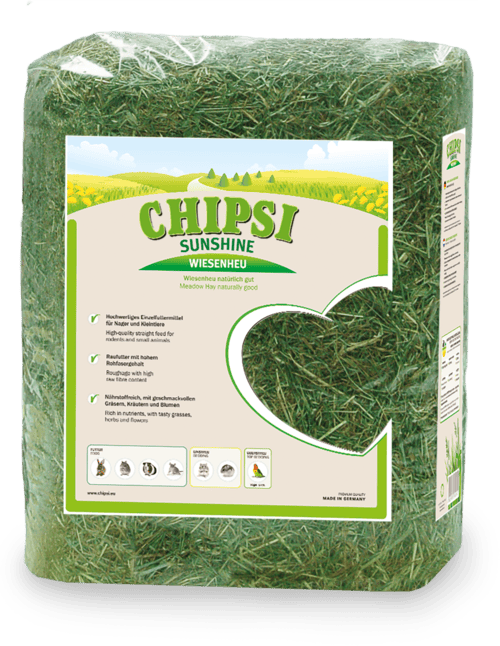Mice - Small, clever – and happy in company
Species-Appropriate Keeping – How They Thrive
Sociability counts!
Mice must never be kept alone. A small, stable group ensures social balance.
A home for climbing and digging
The enclosure should be at least 80 × 50 × 80 cm in size – with several levels, hiding places, and sleeping places.
Digging fun included
A substrate of 10–15 cm deep – best mixed from bedding, hay, and straw – invites you to dig tunnels and build nests.
Game and Variety
Tubes, cork tubes, nibbling material, nests – the more diverse the enclosure, the more active and balanced the mice

cleanliness and hygiene
🧼 Weekly basic cleaning
👃 Maintain odors
Mice are sensitive to bad air and damp bedding. Regular cleaning is therefore important – but with care, so that their familiar scent marks do not disappear completely.
Check every day
Especially in the feeding and sleeping areas, heavily soiled areas must be removed daily. This keeps the enclosure clean.
Regular basic care
Replace the litter completely once a week. This prevents diseases and ensures a hygienic environment for your mice.
Familiar scents are important
Mix some old bedding when cleaning. This preserves the familiar group smell and the animals feel safer.

Nutrition
🥦 Fresh vegetables
🐜 Protein snacks
Mice prefer to feed on low-grain dry food with seeds, herbs and vegetable flakes. Fresh green fodder or small-cut vegetables supplement the diet. Proteins (e.g. dried insects) are important in small quantities. Fresh water must be available at all times.
Dry food as a base
Mice need a low-grain dry food that contains seeds, herbs and vegetable flakes. This mixture ensures a balanced basic supply.
Supplement fresh food
Small-cut vegetables or green fodder supplement the diet. It provides vitamins and variety and supports natural feeding behavior.
Protein in moderation
Dried insects and other small protein sources are important. In small quantities, they keep mice fit and healthy.

Activities
📦 Tubes and hiding places
🍂 Building nests
Variety is essential for mice: climbing facilities, cardboard tubes, houses and nesting material promote their active behavior. Particularly popular: food hiding places and the development of new levels or boxes in the enclosure.
Exercise is fun
Mice are naturally active animals that need a lot of variety. Climbing facilities and different levels promote their movement and keep them healthy.
Playing and discovering
Cardboard tubes, houses and hiding places awaken the urge to discover. New elements in the enclosure provide more variety in everyday life.
Nest building as a duty
Soft material for nest building is indispensable. It provides warmth, promotes social behavior and strengthens the natural rhythm of life
